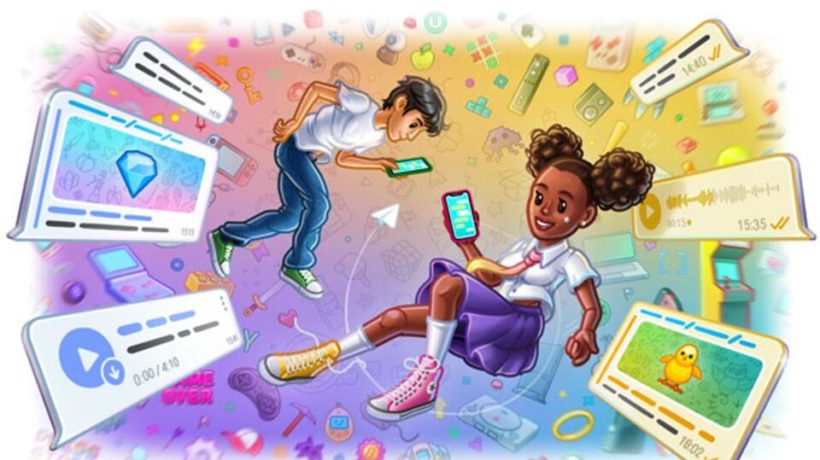Tony Fadell, the person who played a critical role in creating the iPod together with the iPhone, raised concerns about the focus on creating the metaverse. Instead, he suggested that there should be more focus on solving the physical world problems. This view is correct as far as the manner in which global (mainly US) tech companies are building the metaverse. His warning should serve as the red light to African entities and others that are replicating the US Tech approach in building the metaverse. Some who claim to be building the metaverse in the African continent are missing critical elements in the process of building the African metaverse. Here’s what needs to be considered in the process of building the African metaverse:
For the first time in the history of technology, the African continent has an opportunity to build and make a dent in the technological space. Currently, global tech companies dominate this space in terms of critical technologies that are required to build the metaverse. Meta has hardware and social platforms to leverage. Apple has software, hardware capability, and an ecosystem of users. Microsoft has hardware and software as well as market products in the gaming space that can be converted into becoming a critical foundation in building the metaverse. No one of them can claim to own or possess the African market yet.
This means African tech companies can shape a tech platform for the continent without facing the challenge of a global tech giant. The physical world matters in building the metaverse. The African virtual world is up for grabs in this regard. Solving the virtual world part is important however it depends on addressing the physical world. Anyone in Africa who will jump into just building the virtual world will be missing a point. This is what global tech companies can’t touch and what African tech companies can use as leverage to build.
Another key part of building the metaverse is the idea of open vs closed metaverse. In this case, closed refers to a situation where a company like Meta or Microsoft decides to build their own metaverse, and open is a situation where there’s an open platform upon which everyone can build elements of the metaverse to contribute towards building what can be referred to as the universal metaverse. The global internet that we use today is a greater example of what can be referred to as an open platform. Some in Africa are also making the error of creating a club to build the Metaverse which is also similar to creating a closed metaverse. This is not how to build a metaverse for all. Africa has to lead by creating an open metaverse to derive greater benefits.
For any entity to build the real African metaverse it will have to first solve the physical world. Part of this means taking users along the journey starting with getting them to use tech in their lives. There will be a need for townships and rural areas to have an online presence and for people to make use of digital tools for their living. This process will have to start with creating digital identities. The worst thing that can be done about building the metaverse is to create it with fake identities. Once communities have some digital existence it will make sense to exist in the metaverse.
At the same time, it will be important to create better-living conditions in the physical world before we try to transport people to virtual worlds that look different from their real-world and physical environments. We should be careful of building castles in the air in the literal sense by building a virtual world that looks too different from the physical world.
This means solving housing, education, and health conditions. Tech should be used to address these challenges with the goal of developing similar conditions in the virtual world. We should strive to create the physical world in the virtual world. Currently, the African physical world is not in the state of being replicated in the virtual world. We should be careful of making the metaverse another form of escapism or something that distracts us from reality. For the metaverse to be meaningful it will have to form part of addressing physical world challenges such as education, health, and housing.
The tech community has a unique opportunity to contribute to a better world and society through tech. Visions for the metaverse should exist in two forms, first physical and the virtual. We should use the same excitement that we have for building the metaverse to build in the physical world. Understandably, building in the physical is hard and may slow down the process of building the metaverse. To make this a possibility we will have to start small by choosing the physical environment to rebuild and then replicate such a community in the metaverse.
Wesley Diphoko is Editor-In-Chief of FastCompany (SA) magazine.







